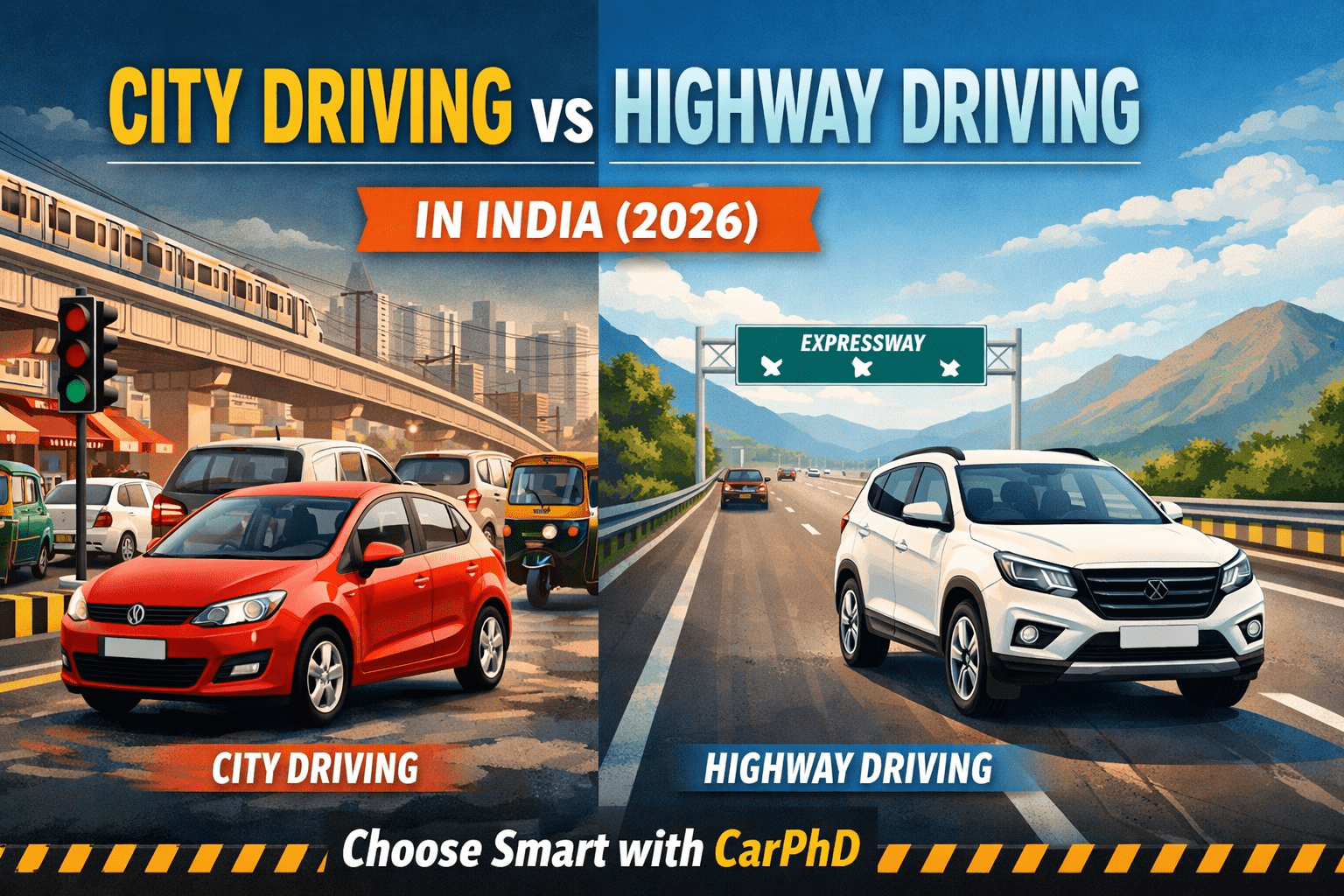
Car


India is one of the world’s largest automotive markets, offering immense opportunities for global carmakers. Yet, despite their global presence and past successes, companies like Renault and Nissan have struggled to gain lasting traction in the Indian passenger vehicle segment. Their early breakthroughs, such as the Renault Duster, Kwid and Nissan Micra, were promising, but they’ve failed to maintain consistent growth or challenge major players like Maruti Suzuki, Hyundai, Kia and Tata Motors.
Even brands like Kia and MG, which entered the Indian car market, much later, have zipped past Renault and Nissan. Here’s a closer look at why.
Get the best deals on cars. Click here!
⸻
1. Lack of a Consistent Product Strategy
Both Renault and Nissan have struggled to build a strong, consistent product portfolio for Indian consumers. Initial hits like the Renault Kwid and Duster created buzz due to aggressive pricing and innovative design. However, the companies failed to follow up with equally competitive models in other segments.
In contrast, Hyundai and Tata have maintained a steady stream of well-targeted launches across hatchback, sedan, and SUV segments. Renault-Nissan’s limited product refreshes and long gaps between launches led to fading consumer interest.
Check out the Best Deals from Authorised Workshops
⸻
2. Poor After-Sales Service and Network Reach
One of the critical pillars of success in the Indian market is a wide and reliable service network. While Maruti Suzuki and Hyundai boast extensive dealership and service networks, Renault and Nissan lag significantly in coverage, especially in Tier 2 and Tier 3 cities.
This gap impacts consumer confidence in purchasing and maintaining their vehicles—many Indians factor in service convenience heavily when choosing a car.
⸻
3. Brand Perception and Trust Deficit
Despite being global brands, Renault and Nissan haven’t been able to build a strong emotional connect with Indian customers. Their brands are often perceived as “foreign” or “experimental” rather than trusted, established players. This perception, coupled with inconsistent quality reports and limited visibility in motorsports or cultural promotions in India, weakens their positioning.
Find the Best Deals from Trusted Showrooms
Moreover, Nissan’s sub-brand Datsun—which was aimed at budget-conscious buyers—flopped due to weak value propositions and is now defunct. Such missteps have harmed the brand’s credibility.
⸻
4. Underwhelming Localization Efforts
To succeed in India, carmakers need to offer highly localized products at competitive prices. While Renault and Nissan have made efforts to localize, their depth of localization doesn’t match leaders like Maruti Suzuki or Hyundai, which design cars specifically for Indian conditions and price sensitivities.
Additionally, the Renault-Nissan alliance’s India-specific platforms have not yielded consistent results, with cost-cutting sometimes affecting long-term durability and perception of quality.
⸻
5. Internal Challenges and Strategy Misalignment
The Renault-Nissan alliance itself has faced turbulence globally—with leadership shakeups, shifting priorities, and unclear division of responsibilities. These internal issues often translate to sluggish decision-making and inconsistent strategies in key markets like India.
Experience the CarPhD Best Price Guarantee!
This lack of agility has prevented the brands from reacting swiftly to market trends—such as the recent boom in compact SUVs and EVs.
⸻
6. Failure to Capitalize on EV and SUV Trends
Indian consumers are increasingly moving toward compact SUVs and now, electric vehicles. Brands like Tata, Mahindra, and even Hyundai have capitalized on these trends. Nissan and Renault have been notably slow in introducing fresh, competitive EVs or compact SUV offerings, missing out on booming demand in these segments.
⸻
Conclusion
Renault and Nissan’s story in India is a case of missed opportunities. Despite promising starts and occasional successes, their inability to deliver consistent product innovation, expand service networks, and build strong brand equity has hampered long-term growth. To recover, these companies must recalibrate their India strategy—focusing on deep localization, consumer insight, and long-term commitment rather than short-term wins.
Get the best deals on cars. Click here!
With India’s auto market poised for further growth—especially in EVs and affordable SUVs—there’s still time for a turnaround. But it will require bold moves and sustained focus, not just isolated hits.